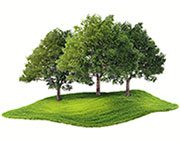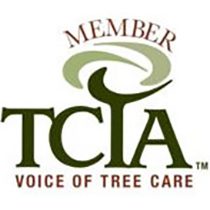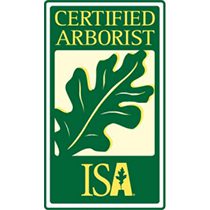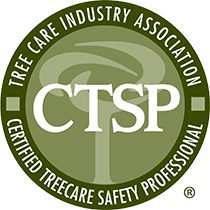Serving Passaic, Essex, and parts of Bergen, Hudson, Union and Morris Counties

Pest Management for Trees & Shrubs
Treating Your Trees & Shrubs for Damaging Pest Infestations
Don’t let destructive pests ruin your New Jersey landscape. Pests can silently and quickly damage even the healthiest trees and shrubs. Left untreated, these infestations can weaken plants, destroy their beauty, and often lead to tree loss.
At Trees Unlimited NJ, our licensed and insured team specializes in Integrated Pest Management (IPM). This science-based approach combines careful monitoring and accurate pest identification with targeted, environmentally responsible treatments. We use proven solutions that protect your property while preserving beneficial insects and pollinators.
Our certified specialists follow all New Jersey pesticide regulations and safety standards. Whether you’re dealing with an active infestation or want to prevent one, Trees Unlimited NJ has the expertise to protect your investment.
Common Tree & Shrub Pests in NJ
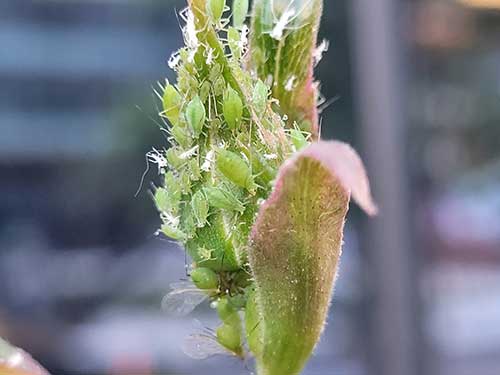
Image Courtesy of Rainbow Ecoscience
Aphids
Aphids are small, soft-bodied insects that feed on plant sap, weakening trees and shrubs. In large numbers, they excrete a sticky substance called honeydew, which encourages the growth of sooty mold — a black fungal coating that blocks sunlight from reaching leaves.
Aphids also transmit a variety of plant diseases from one plant to another.
Our Approach: We use targeted insecticides and natural predator conservation to keep populations in check. Where possible, we apply systemic treatments to protect plants for extended periods, reducing the need for repeated applications.
Boxwood Leafminers
The Boxwood Leafminer is one of the most destructive pests of boxwoods in New Jersey. The tiny fly’s larvae feed inside the leaves, creating blisters, yellowing, and premature leaf drop. Over time, repeated infestations weaken shrubs, diminishing their dense, green appearance.
Our Approach: Trees Unlimited NJ combines careful monitoring with precisely timed treatments to interrupt the leafminer’s life cycle. Our team uses targeted systemic applications to protect boxwoods from internal feeding damage and applies cultural practices to encourage strong, healthy growth. With our proactive care, your boxwoods can maintain their vitality and beauty year after year.
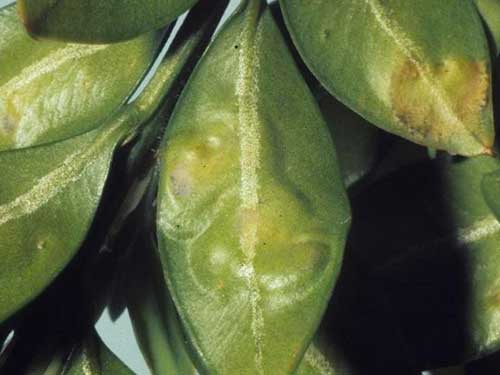
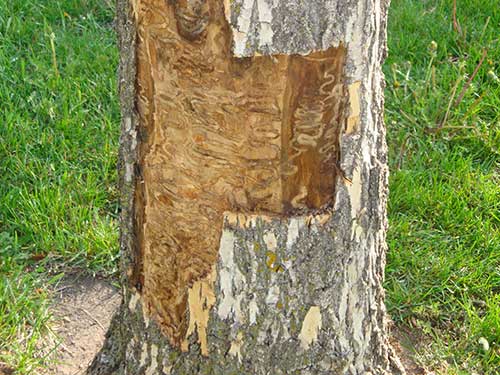
Image Courtesy of Rainbow Ecoscience
Emerald Ash Borer
The Emerald Ash Borer (EAB) is one of the most lethal tree pests in North America. The are metallic green in color and only about half an inch long.
This beetle’s larvae tunnel beneath ash tree bark, cutting off the tree’s ability to transport water and nutrients. Once symptoms become visible, damage is often extensive and irreversible.
Our Approach: We prioritize early detection through regular inspections. Preventive systemic treatments can protect healthy ash trees, while infested trees may require removal to prevent further spread. Timing is critical — once an infestation is advanced, mortality is nearly inevitable.
Gypsy Moth (Now officially called Spongy Moth)
Gypsy Moth caterpillars are now call Spongy Moths. Their aggressive defoliators are capable of stripping a tree bare in a single season.
Spongy moths preferred hosts include oak, birch, and aspen, but during heavy infestations, they will feed on many other hardwood and even evergreen species. Severe defoliation over multiple years can kill otherwise healthy trees.
Our Approach: We implement monitoring programs to detect egg masses early, apply insect growth regulators at optimal times, and use targeted treatments to control caterpillar populations before they cause significant defoliation.
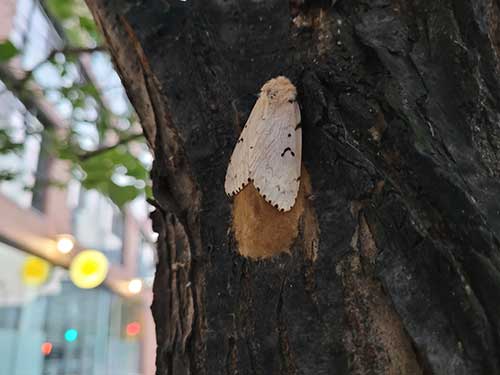
Image Courtesy of Rainbow Ecoscience
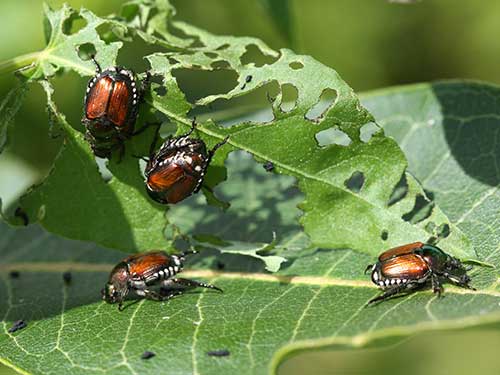
Image Courtesy of Rainbow Ecoscience
Japanese Beetles
Recognizable by their metallic green bodies and copper wings, Japanese Beetles feed on the leaves, flowers, and fruit of more than 300 plant species.
Their feeding pattern — skeletonizing leaves until only the veins remain — can quickly defoliate and weaken trees and shrubs.
Our Approach: We use targeted foliar sprays during peak feeding periods, soil-applied treatments to disrupt larvae development, and cultural strategies to reduce beetle attraction to your property.
Spotted Lanternfly
An invasive species first detected in Pennsylvania and now widespread in New Jersey, the Spotted Lanternfly is known for its striking, black-spotted wings and red underwings. Despite its beauty, it is highly destructive, feeding on the sap of over 70 plant species, including maple, oak, walnut, birch, and grapevines. Infestations can cause leaf curling, stunted growth, and increased vulnerability to disease.
Our Approach: We combine mechanical removal, targeted insecticide applications, and monitoring to disrupt the life cycle and prevent reproduction, reducing population numbers before they cause severe damage. Learn more about the Spotted Lanternfly and the treatment for it.
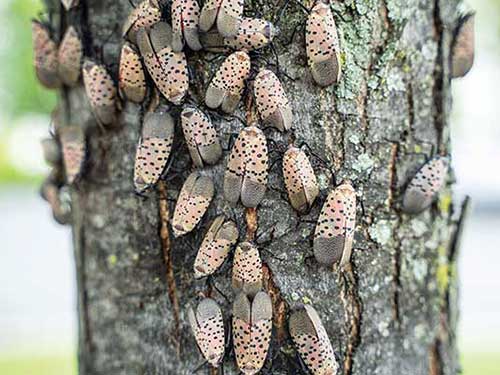
Why Choose Trees Unlimited NJ for Tree and Shrub Pest Control?
- Licensed & Certified: NJ LIC #13VH053339900 | NJTC76887 | NJ Pesticide LIC #91951B
- Proven IPM Strategies: Balancing effectiveness with environmental responsibility
- Decades of Experience: Local knowledge of New Jersey’s pest and disease pressures
- Safety First: Adherence to all state and federal regulations for pesticide use
Protect your landscape from harmful pests — before it’s too late.
Call 973-628-8733 or Request an Inspection today.
Our certified pest management specialists will assess your trees and shrubs and create a customized protection plan.
Frequently Asked Questions
Pest management helps protect trees and shrubs from harmful insects and diseases that can weaken or kill them. Regular care ensures healthier growth and a longer lifespan for your landscape.
Common signs include yellowing leaves, holes in foliage, sticky residue, or visible insects. If you notice any of these, it’s best to schedule an inspection with a tree care expert.
Some common pests in New Jersey include aphids, borers, scale insects, and mites. Each pest requires a targeted treatment plan to prevent long-term damage.
Yes, Trees Unlimited NJ uses environmentally responsible treatments that effectively control pests while keeping your property, family, and pets safe.
Seasonal inspections—typically in spring and summer—are recommended to detect and treat pest issues early before they spread or cause serious damage.
Yes. Severe or untreated infestations can damage the roots, bark, or canopy, leading to decline or death. Early professional intervention helps prevent this.

